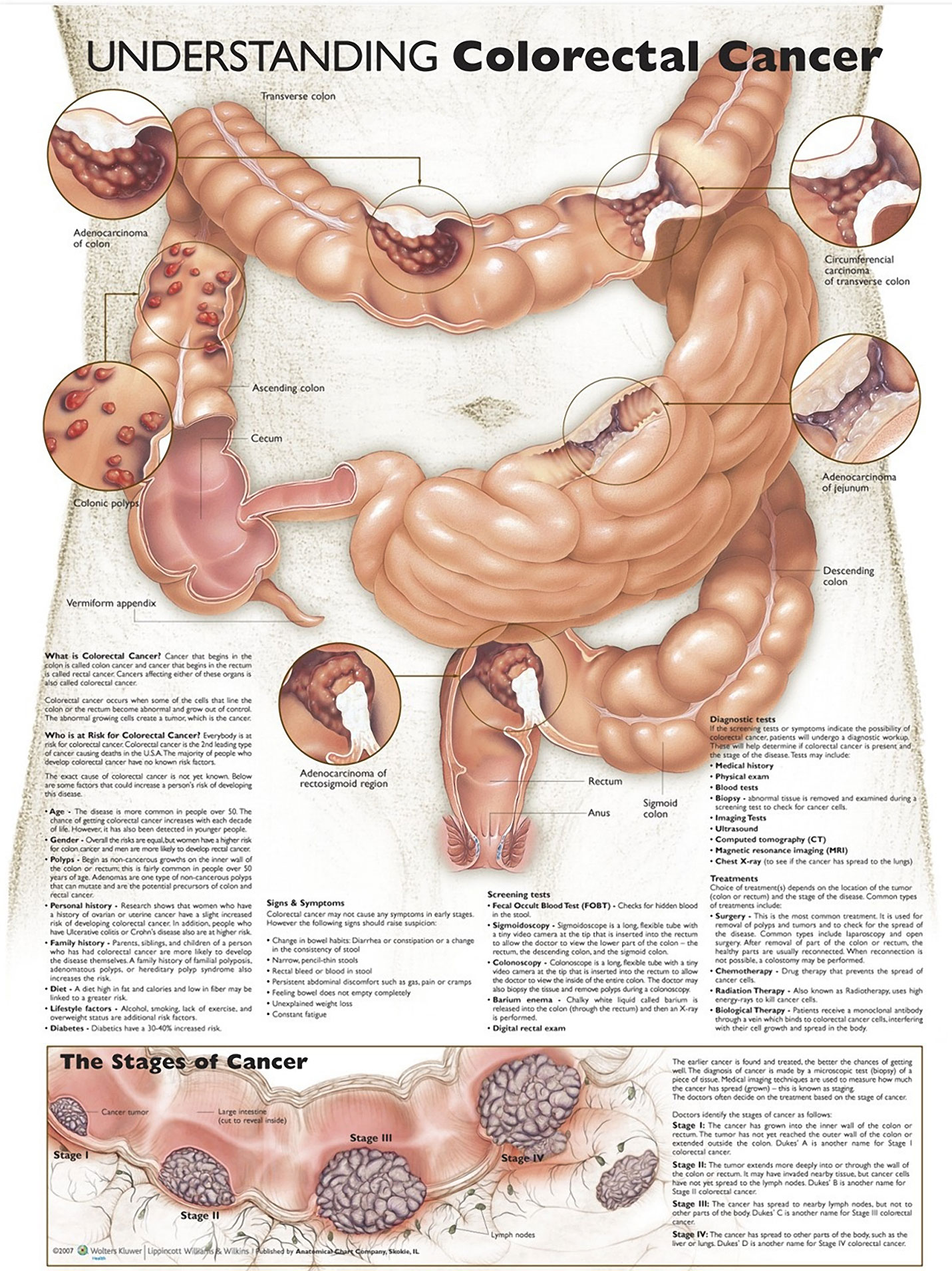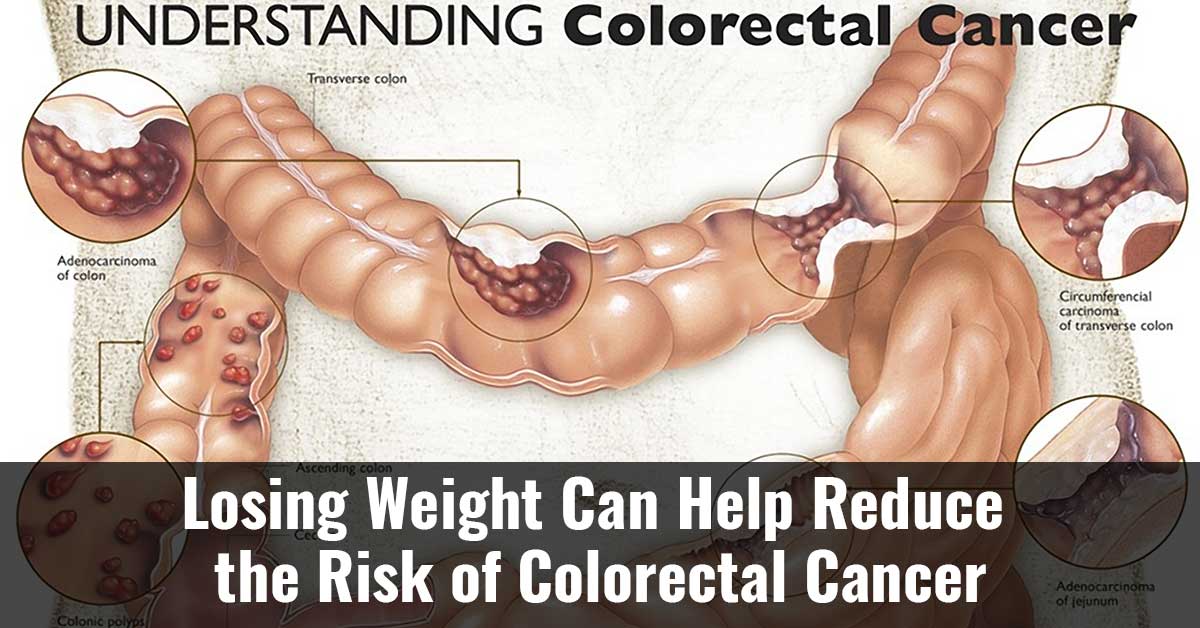Research suggests that obese and overweight individuals who lose weight could reduce their likelihood of developing colorectal adenoma later, which is a kind of benign growth or polyp in the rectum or colon that could result in colorectal cancer.
Colorectal cancer is the 3rd most common sort of cancer and the 3rd major cause of death from cancer in women and men in the US.1✅ JOURNAL REFERENCE
DOI: 10.1093/jncics/pkab098
The incidence of obesity has increased throughout the world over the past 30 years, ultimately causing an increase in numerous chronic diseases, and is an established risk factor for colorectal cancer as well as colorectal adenoma.
Weight loss is normally advised for obese and overweight individuals, and even though weight loss has many beneficial health effects, it has not been established whether or not losing weight reduces the likelihood of colorectal adenoma.
The majority of research has only looked into colorectal adenoma risk with regards to obesity or BMI assessed at a single point in time, with fewer studies examining how weight change affects risk.
The researchers looked at weight change, which included weight loss as well as weight gain, over 3 adulthood periods in connection with colorectal adenoma making use of weight data that was self-reported. The data was obtained from the Prostate, Lung, Colorectal and Ovarian Cancer Screening Trial, which consisted of 154,942 women and men between the ages of 55 and 74.
The trial assessed the efficacy of various screening approaches in helping to prevent death from a variety of cancers. The current study made use of data from individuals in the screening phase of the trial, who were screened for colorectal cancer at the start of the trial and then again 3 or 5 years later.
It was discovered that in comparison to a stable weight, adulthood weight loss, classified as losing 1.1 pounds or more per 5 years, was linked to a 46% reduction in colorectal adenoma risk. This was especially true in individuals who were initially obese or overweight.
The study also revealed that adulthood weight gain was linked to an increased likelihood of adenoma, especially if gaining more than 6.6 pounds over 5 years. Weight gain and weight loss results seemed stronger in men compared to women.
The researchers say that the results emphasize the importance of maintaining a healthy weight during adulthood to help prevent colorectal adenoma. Individuals who are obese or overweight may also be able to reduce their colorectal adenoma risk by losing weight.
The study results suggest that preventing weight gain in adulthood may help in reducing the risk of the pre-cancerous growth known as colorectal adenoma, which may subsequently reduce colorectal cancer risk.

Image Source: Amazon



